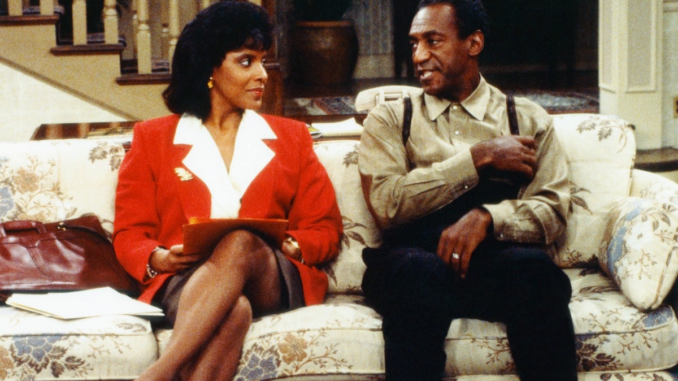
The Cosby Show wasn’t just another family sitcom—it was a show that used humor to address a wide range of social issues that affected both African American communities and American society as a whole. Throughout its run, the show balanced comedic elements with meaningful life lessons that resonated with viewers, making it one of the most socially conscious sitcoms of its time. In this article, we examine how The Cosby Show tackled complex issues like race, class, education, and family dynamics while keeping the audience laughing.
Addressing Race and Identity
Though The Cosby Show wasn’t explicitly about race, it used its platform to subtly address issues of race and identity. The show often highlighted the importance of education and hard work in achieving success, while also acknowledging the challenges African Americans faced in a society that wasn’t always welcoming. By portraying a wealthy, educated African American family, The Cosby Show challenged stereotypes and painted a picture of black life that was complex and multifaceted.
Episodes like “The Day the Spores Landed,” which dealt with Theo’s learning disability, subtly addressed the challenges of being African American in a predominantly white world. Theo’s story was relatable to many children of color who faced systemic barriers, yet the show presented these themes in an accessible way.
The Importance of Education and Career Success
One of the recurring themes throughout The Cosby Show was the value of education and career success. Dr. Huxtable was a successful doctor, and Clair was a lawyer—two professions rarely seen in TV portrayals of African Americans at the time. Their success stories emphasized the importance of hard work, education, and perseverance, teaching viewers, especially African American children, that they could succeed regardless of their background.
Episodes such as “Theo’s Dilemma” and “The Internet” explored the idea of pursuing higher education and striving for personal achievement. These stories encouraged young viewers to value education and aim for success in their careers. The Huxtables were role models for kids everywhere, showing that with determination, anyone could achieve their dreams.
Family Dynamics and Real-Life Lessons
Beyond social issues, The Cosby Show also tackled everyday family dynamics. Whether it was a conflict between Dr. and Mrs. Huxtable or the comedic moments between the children and their parents, the show presented a balanced view of family life that was both realistic and uplifting. The Huxtables argued, made mistakes, and learned from each other, showing that no family is perfect. This grounded approach to family life resonated deeply with audiences.
